Even the darkest night will end, and the sun will rise

0
0
0
0
- Meaning
- The phrase means that the difficulties and dark moments in life are not eternal; eventually, they make way for better times and hope. Philosophically, it reflects the belief that after a period of suffering or hardship, there will inevitably be a moment of renewal and joy. Psychologically, it can be seen as advice to maintain resilience and hope during tough times.
- Allegory
- The suggested image incorporates various symbols to emphasize the quote: - The dark, night landscape represents moments of difficulty and suffering. - The emerging golden glow and the rising sun symbolize hope and the certainty that every difficulty will end. - Blooming plants add a touch of rebirth and new beginnings. - The sky lighting up with warm colors indicates the transition from suffering to joy. - The human figures watching the sunrise with hope call attention to the importance of human resilience and optimism in the face of adversity.
- Applicability
- The meaning of this phrase can be applied in daily life in various ways. Remembering that even the hardest moments will end and better times will come can help people maintain hope and resilience when facing personal challenges, stress, or crises. It is an encouragement to not give up and to keep fighting, knowing that light will come.
- Impact
- This phrase has had a lasting impact on popular and literary culture. It is often quoted in times of difficulty to encourage and inspire people to persist and look to the future with hope. It is used in motivational speeches, articles, and even on social media to promote a positive approach to life.
- Historical Context
- The phrase comes from a work first published in 1862, in a historical era of significant political and social transformations in Europe. "Les Misérables" addresses issues such as poverty, injustice, and redemption, themes relevant to the post-revolution period in France.
- Criticisms
- There are no significant criticisms specifically associated with this phrase. However, some might consider the phrase somewhat simplistic or sentimental, especially when applied to situations of extreme difficulty, believing that a good phrase cannot always truly resolve or soften pain and suffering.
- Variations
- There are many variations of the idea expressed by this phrase across different cultures. In Japanese, it is said "雨降って地固まる" (Ame futte chi katamaru), meaning "after the rain, the ground hardens," suggesting that difficulties can strengthen a person. In Islamic culture, there is a similar concept in the Quran: "Indeed, with every hardship comes relief" (Surah Ash-Sharh, 94:6).
-
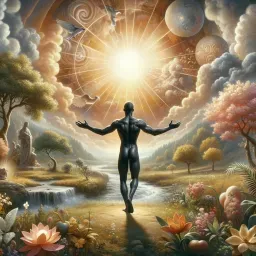
Let God's will be done; He knows what is best for us.
-
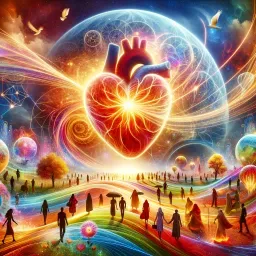
Love is a force that transforms and improves the Soul of the World.
-

That which does not kill me makes me stronger.
-

Courage is not the absence of fear, but the triumph over it.
-

Every journey begins with a single step.
-
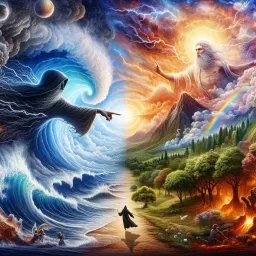
Prophet of doom.
-
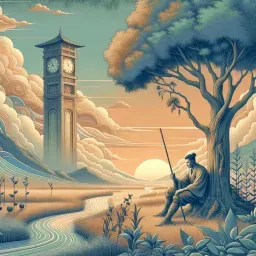
The two most powerful warriors are patience and time.
-

Success is not final, failure is not fatal: It is the courage to continue that counts.
-

Man is condemned to be free; because once thrown into the world, he is responsible for everything he does.
-

The true test of a man's honor is his loyalty to his country.
-
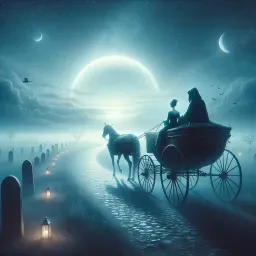
Because I could not stop for Death, He kindly stopped for me; The carriage held but just ourselves And Immortality.
No Comments